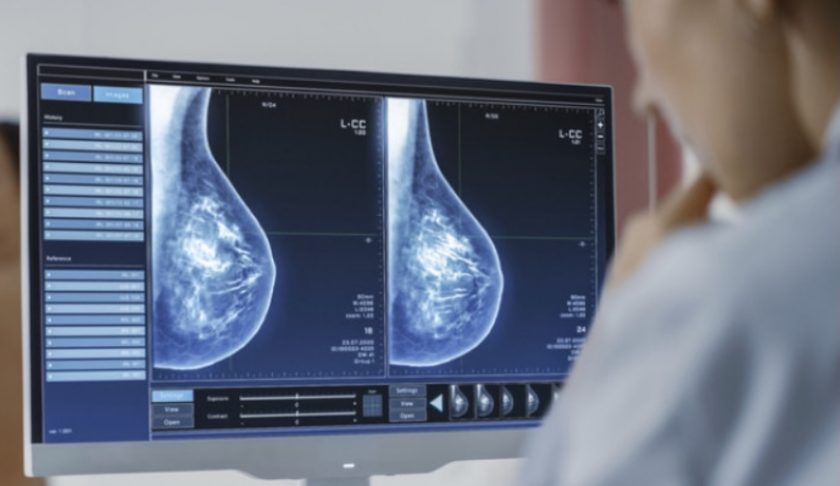Official statistics show impact of pandemic on cancer survival rates in Wales

The Welsh Cancer Intelligence Surveillance Unit (WCISU) at Public Health Wales has released new data indicating a significant decrease in one-year cancer survival rates from 2019 to 2020.
The statistics highlight the profound impact the Covid-19 pandemic has had on cancer diagnosis and treatment.
According to WCISU, one-year survival for all cancer types combined fell from 75.9 percent in 2019 to 71.6 percent in 2020.
This drop contrasts with the steady increase seen from 2002, where one-year survival rose from 66.2 percent to a peak in 2019.
However, five-year survival rates showed an improvement from 51.7 percent in 2002 to 63.0 percent in 2017.
The disruption caused by the pandemic, beginning in early 2020, is believed to be a significant factor in this decline. Measures implemented to control the virus spread are thought to have led to delays in seeking healthcare, investigations, and certain treatments.
For all cancer types, survival decreases as the stage at diagnosis advances. This is evident in conditions like bowel cancer, where more than half of the diagnoses occur in the later stages three and four.
The data showed that five-year survival from bowel cancer did not improve before the pandemic, with stage four survival remaining below 10 percent between 2013 to 2019.
Meanwhile, stage three survival decreased slightly from 67 percent to 64 percent. However, stage one bowel cancer survival rates were very high, albeit with a slight drop from 97 percent to 95 percent before the pandemic.
One significant development in this publication is WCISU’s improved methods to provide more accurate estimates across different levels of area deprivation.
A stark survival gap was observed in rectal cancer patients, with a 22.9 percentage point difference in five-year survival between the most and least deprived areas of Wales.
This gap has widened by approximately ten percentage points over the last decade.
Additionally, ten-year survival estimates have been produced for the first time. For all cancers combined, this increased from 50.2 percent for cancers diagnosed between 2002 and 2006 to 58.9 percent for those diagnosed between 2012 and 2016.
Professor Dyfed Wyn Huws, Director of the Welsh Cancer Intelligence and Surveillance Unit, commented on the impact of the pandemic: “The Covid-19 pandemic had a clear impact on cancer diagnosis and treatment in Wales, particularly during the early stages when NHS services were redirected to manage the outbreak. Reluctance to seek NHS help, especially among older and shielding individuals, was also a factor affecting cancer survival.”
He emphasised the importance of early diagnosis: “It is important to seek advice from your GP regarding any symptoms you are concerned about as soon as possible. Our data shows the earlier cancer is diagnosed, the better a person’s chance of a better outcome.”
These findings underscore the crucial need for continued focus on cancer care and early diagnosis, especially in the wake of the pandemic’s impact on healthcare services.
Spotted something? Got a story? Email: [email protected]
Latest News
